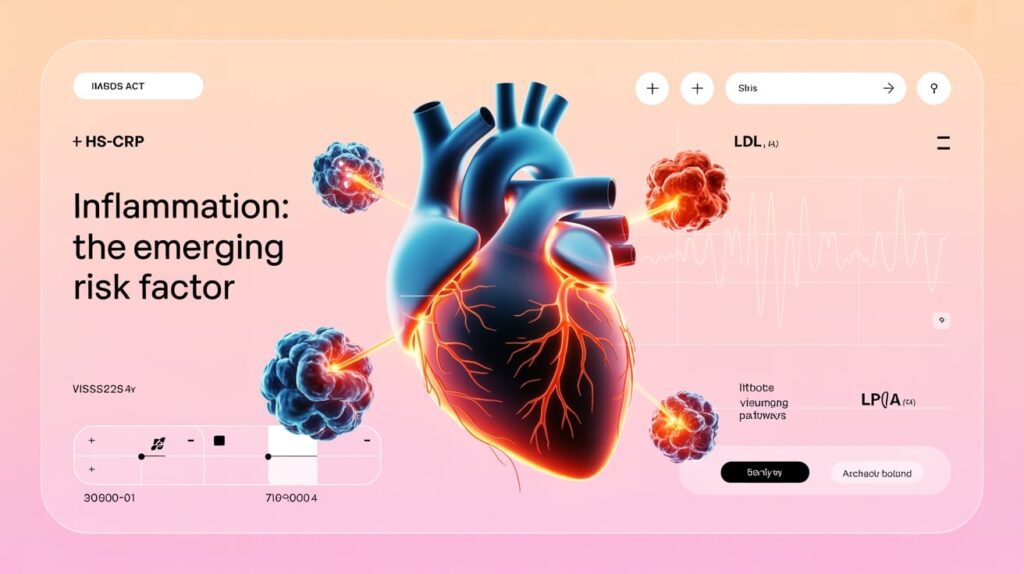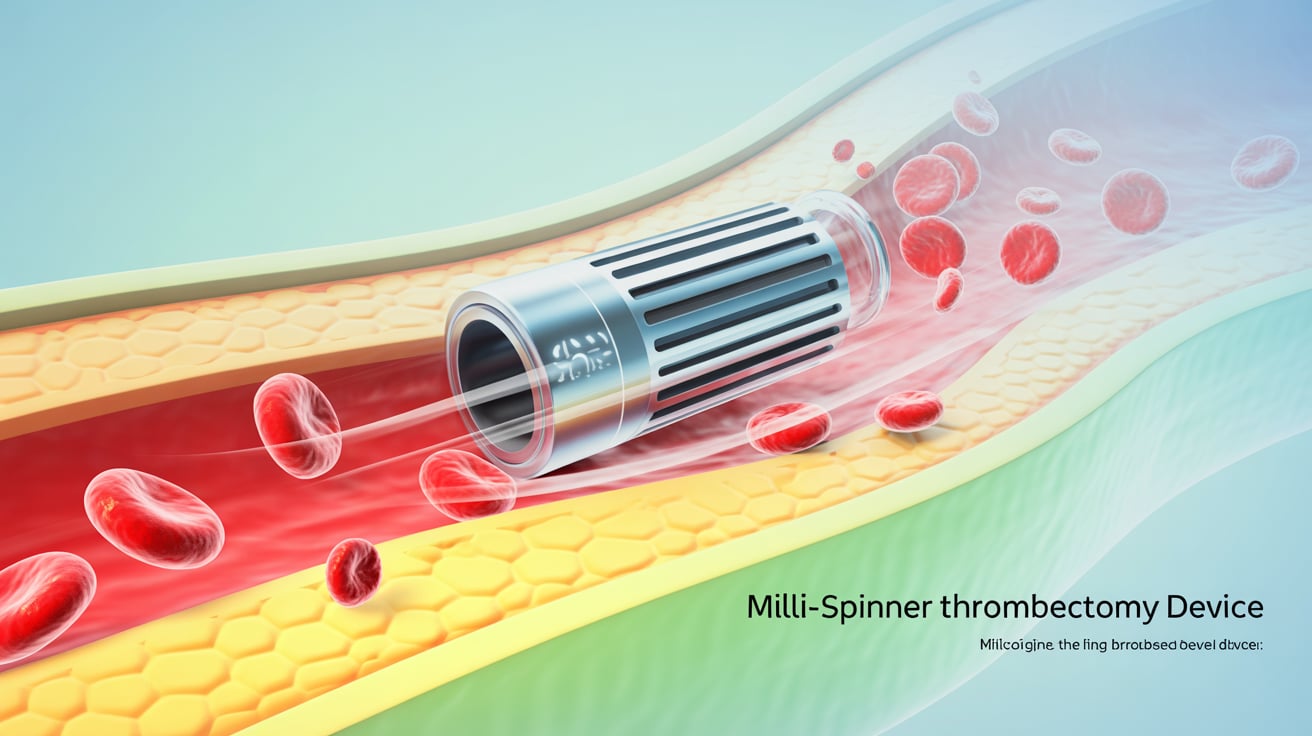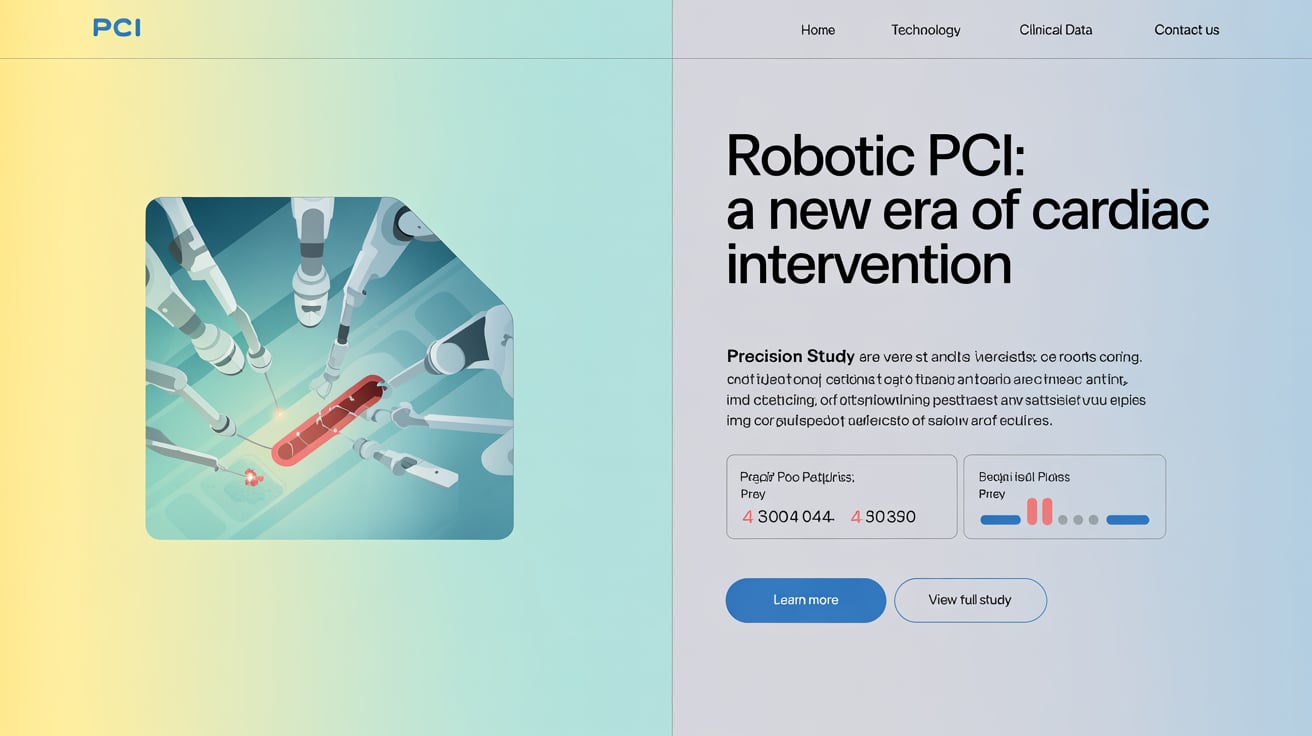Inflammation is reshaping cardiovascular disease evaluation, challenging cholesterol’s longtime dominance. Paul Ridker, MD, MPH, of Harvard Medical School and Brigham and Women’s Hospital, highlights the growing importance of high-sensitivity C-reactive protein (hs-CRP) as a biomarker for inflammation and cardiovascular risk.
Key insights include:
- hs-CRP outperforms cholesterol: Data from the Women’s Health Study showed hs-CRP is a stronger long-term predictor of cardiovascular events than LDL cholesterol and lipoprotein(a).
- Universal screening advocated: Ridker urges routine measurement of hs-CRP, LDL, and Lp(a) for primary and secondary prevention, stating, “Doctors won’t treat what they don’t measure.”
- New inflammation-targeted therapies: Following the 2023 FDA approval of colchicine for coronary inflammation, several drugs—including GLP-1 receptor agonists and SGLT-2 inhibitors—also reduce inflammation markers, fueling a pharma race targeting pathways like NLRP-3 to IL-6.
- Advances in imaging: Cardiac CT and fat attenuation index enable direct visualization of coronary inflammation, promising improved risk assessment pending further research.
- Cost-effective prevention: Ridker stresses that a detailed history, physical exam, and three inexpensive blood tests (LDL, CRP, Lp(a)) can identify much of the hidden cardiovascular risk, with family cascade screening recommended.
This evolving paradigm could enable earlier, more precise intervention to reduce heart disease burden.








